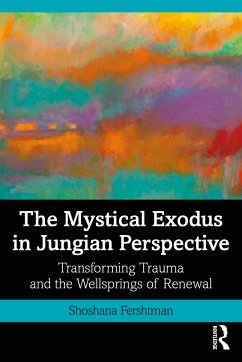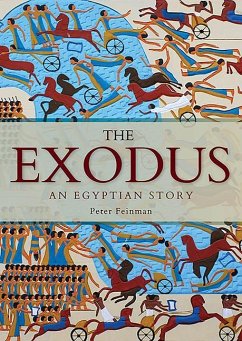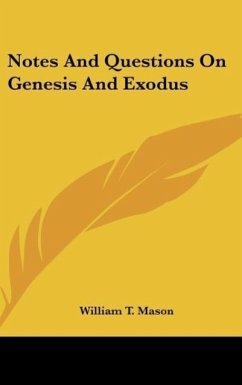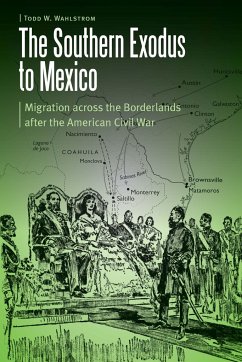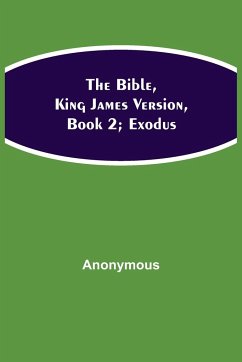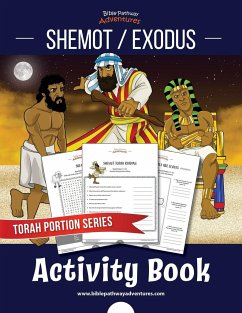
Notes On The Book Of Exodus
Versandkostenfrei!
Versandfertig in 1-2 Wochen
16,99 €
inkl. MwSt.

PAYBACK Punkte
8 °P sammeln!
Charles Henry Mackintosh's "Notes on the Book of Exodus" provides a detailed biblical commentary on the second book of the Bible. The commentary focuses on key events, characters, and themes within Exodus, such as Moses' leadership and the plight of the Israelites in Egypt. The narrative begins with the Israelites' enslavement in Egypt and God's intervention through a series of plagues. The Passover, marked by the blood of the lamb, signifies divine redemption and protection. This event leads to the dramatic escape of the Israelites through the Red Sea, symbolizing deliverance from bondage. Ce...
Charles Henry Mackintosh's "Notes on the Book of Exodus" provides a detailed biblical commentary on the second book of the Bible. The commentary focuses on key events, characters, and themes within Exodus, such as Moses' leadership and the plight of the Israelites in Egypt. The narrative begins with the Israelites' enslavement in Egypt and God's intervention through a series of plagues. The Passover, marked by the blood of the lamb, signifies divine redemption and protection. This event leads to the dramatic escape of the Israelites through the Red Sea, symbolizing deliverance from bondage. Central to the book is the giving of the Ten Commandments on Mount Sinai, establishing a covenant between God and His people. Mackintosh explores the significance of the law and its role in guiding the Israelites. The construction of the Tabernacle is detailed, highlighting its importance as the dwelling place of God among His people and the center of divine worship. The journey through the wilderness is portrayed as a period of testing and learning, where the Israelites encounter various challenges that test their faith and obedience. Mackintosh delves into the spiritual lessons derived from these experiences, emphasizing God's sovereignty and provision. Throughout his commentary, Mackintosh employs typology, drawing parallels between the events of Exodus and Christian spiritual principles. He underscores themes of divine revelation, redemption, and the importance of maintaining faith and obedience to God's commands. Overall, Mackintosh's work provides a comprehensive and insightful analysis of Exodus, offering valuable spiritual lessons and a deeper understanding of the relationship between God and His people.




